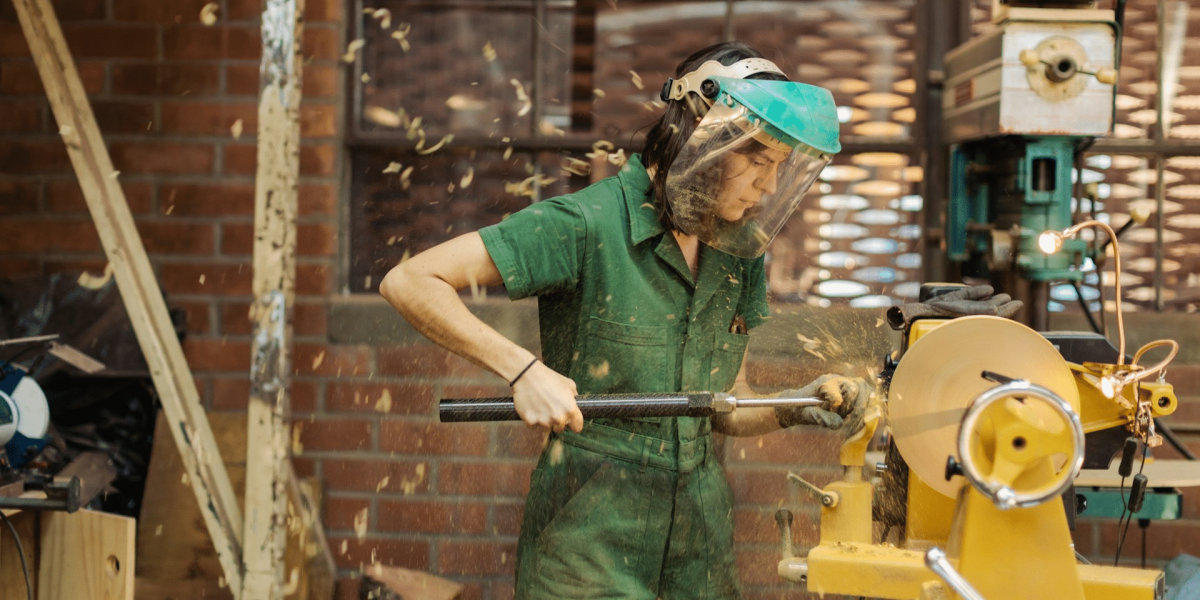The timber industry has been a cornerstone of Portland’s economy for over a century. Despite challenges from environmental regulations and market fluctuations, the industry remains robust. This article explores how the timber industry continues to thrive in Portland, focusing on sustainable practices, technological advancements, and economic impact.
Historical Significance of Timber in Portland
Portland’s timber industry began in the late 19th century, capitalizing on the region’s vast forests. Early settlers established numerous sawmills along the Willamette River, which became the backbone of the local economy. The industry quickly grew, attracting workers and investment, and laying the foundation for Portland’s development.
For decades, timber was the primary economic driver in Portland. The industry’s growth led to the development of related sectors, including transportation, manufacturing, and construction. By the mid-20th century, Portland had become a leading hub for timber production and export in the United States.
Sustainable Forestry Practices
Sustainable forestry practices are critical to the continued success of Portland’s timber industry. Companies are adopting responsible harvesting techniques to ensure long-term forest health. These practices include selective logging, which minimizes environmental impact by targeting only mature trees and preserving the surrounding ecosystem.
Reforestation is another key component of sustainable forestry. Timber companies in Portland actively engage in replanting efforts, ensuring that harvested areas are replenished with new trees. This practice not only supports the environment but also guarantees a continuous supply of timber for future generations.
Technological Advancements
Technological advancements have revolutionized the timber industry. Precision forestry, which uses GPS and GIS technologies, allows for more efficient and sustainable forest management. These tools help map forests accurately, monitor tree growth, and plan harvests with minimal ecological disruption.
Modern machinery and automation have increased the efficiency of timber operations. Automated sawmills and logging equipment reduce labor costs and increase production rates. This technological edge helps Portland’s timber companies stay competitive in the global market.
Economic Impact
The timber industry is a significant employer in Portland, providing jobs in logging, milling, transportation, and related services. Despite automation, the industry continues to create employment opportunities, contributing to the local economy.
Portland’s timber industry serves both local and global markets. High-quality timber from the region is in demand worldwide, particularly in countries like Japan and China. Exporting timber boosts Portland’s economy, bringing in substantial revenue and fostering international trade relationships.
Environmental and Economic Balance
Portland’s timber industry operates under stringent environmental regulations designed to protect forests and wildlife. Compliance with these regulations ensures that timber production does not compromise ecological integrity. Companies invest in sustainable practices to meet these standards, balancing economic growth with environmental responsibility.
The industry’s ability to adapt to changing market conditions has contributed to its resilience. Diversifying products, such as producing wood pellets and engineered wood, has opened new revenue streams. This diversification helps stabilize the industry during periods of market volatility.
Community and Education
Timber companies in Portland actively engage with local communities. They support education and training programs, ensuring a skilled workforce for the future. Community involvement also fosters public support for the industry, highlighting its importance to the local economy and environment.
Educational initiatives play a crucial role in the industry’s sustainability. Collaborations between timber companies and educational institutions provide training in sustainable forestry practices and advanced technologies. These programs prepare the next generation of forestry professionals, ensuring the industry’s long-term viability.
Future Prospects of the Timber Industry
The future of Portland’s timber industry looks promising, with ongoing innovation and growth. Investment in research and development is leading to new sustainable practices and products. For example, advancements in bio-based materials and wood processing techniques are expanding the industry’s capabilities.
Portland’s timber industry aligns with global sustainable development goals. By prioritizing environmental stewardship and economic sustainability, the industry supports broader efforts to combat climate change and promote responsible resource management. This alignment enhances the industry’s reputation and marketability.
The timber industry in Portland continues to thrive due to its commitment to sustainable practices, technological advancements, and economic resilience. By balancing environmental responsibility with economic growth, the industry remains a vital part of Portland’s economy. Looking ahead, ongoing innovation and community engagement will ensure that the timber industry continues to prosper, supporting both the local and global markets.









